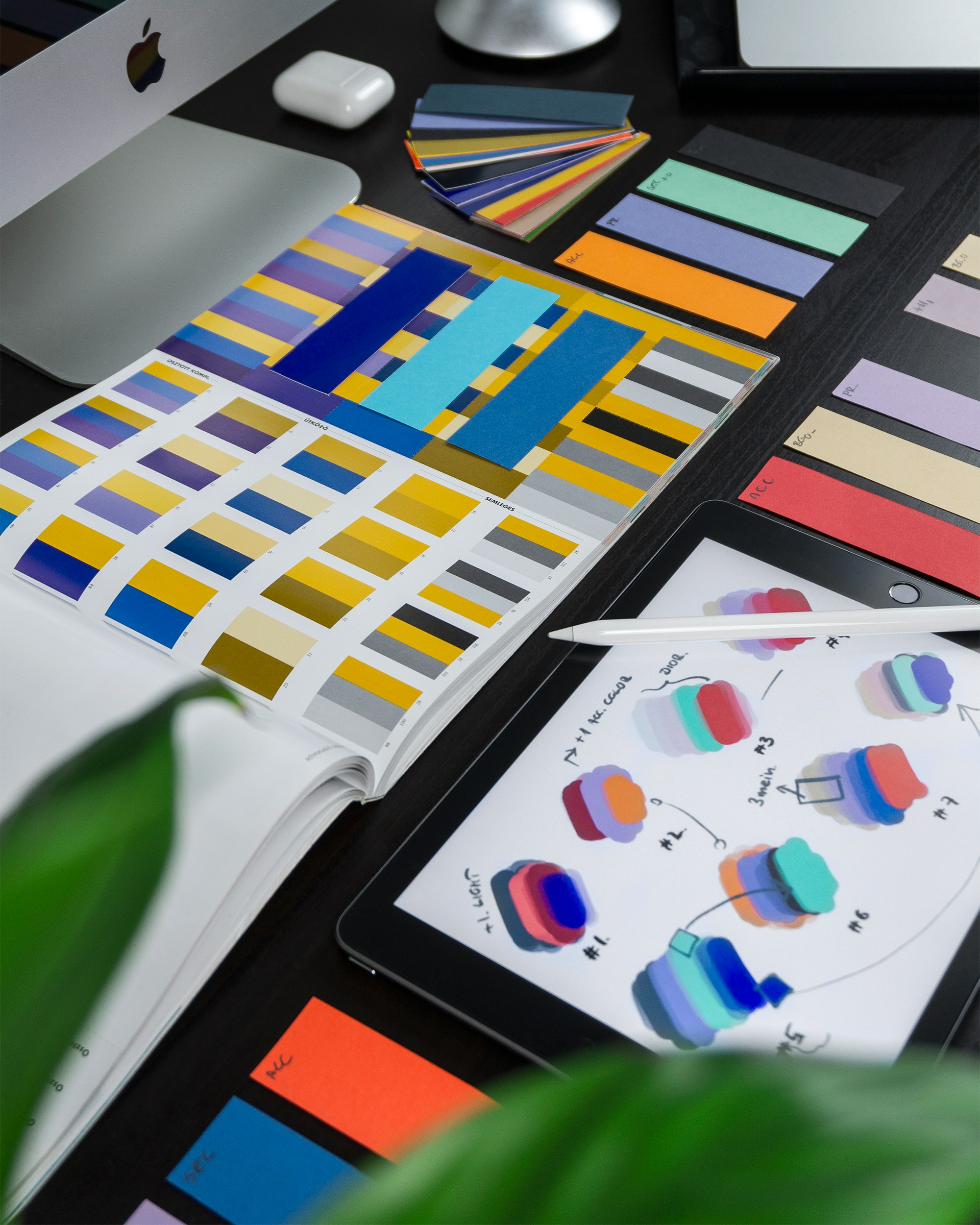Articles
The Future of Print is Green: Sustainable Printing Solutions
23 Apr 2025
8 Min Read
Print isn’t just evolving—it’s becoming more responsible. In today’s eco-conscious marketplace, business owners can no longer afford to overlook sustainability. The problem? Traditional printing processes can be wasteful, resource-intensive, and environmentally harmful. That’s where the shift to eco friendly solutions and sustainable materials comes in. In this article, we’ll explore how modern print methods are going green—reducing waste, lowering emissions, and boosting brand reputation in the process. From biodegradable substrates to waterless inks, discover the innovative practices shaping a greener future for print and how your business can lead the charge.
Print isn’t just evolving—it’s becoming more responsible. In today’s eco-conscious marketplace, business owners can no longer afford to overlook sustainability. The problem? Traditional printing processes can be wasteful, resource-intensive, and environmentally harmful. That’s where the shift to eco friendly solutions and sustainable materials comes in. In this article, we’ll explore how modern print methods are going green—reducing waste, lowering emissions, and boosting brand reputation in the process. From biodegradable substrates to waterless inks, discover the innovative practices shaping a greener future for print and how your business can lead the charge.
Why Sustainable Printing Matters
Consumers and clients are increasingly demanding environmentally conscious choices from the brands they support. Companies that adopt sustainable printing aren’t just helping the planet—they're aligning with customer values, enhancing brand credibility, and often reducing costs in the long run. Sustainability is no longer a buzzword; it’s a business imperative.
Eco Friendly Printing Solutions You Can Implement Today
Recycled and FSC-Certified Paper
Choosing paper made from post-consumer waste or certified by the Forest Stewardship Council ensures you're not contributing to deforestation. These materials maintain high quality while significantly reducing environmental impact.Vegetable-Based and Soy Inks
Unlike traditional petroleum-based inks, vegetable and soy inks are low in volatile organic compounds (VOCs), making them better for air quality and easier to recycle.Waterless Printing
This innovative method eliminates the need for water and dampening systems during the printing process, reducing water usage and preventing chemical waste.Energy-Efficient Equipment
Modern printing presses are designed to consume less energy and produce fewer emissions. Many printers now operate with solar or wind energy sources.Digital Printing On-Demand
Printing only what you need, when you need it, cuts down on waste and storage costs. Digital printing also allows for shorter runs, reducing excess materials.
Retail Brand Cuts Waste with Greener Print
A popular UK-based fashion retailer recently shifted all of its seasonal signage and POS displays to be printed on recyclable corrugated board using water-based inks. As a result, they reduced landfill waste by 70% year-on-year, while also promoting their sustainable values through in-store messaging. Customers noticed, and sales saw a 12% uplift during the campaign.
Sustainable Materials Changing the Game
From biodegradable vinyl alternatives to seed paper that customers can plant, the materials landscape is evolving fast. Options like stone paper (made from calcium carbonate) or hemp-based substrates offer durability without environmental compromise.
Case Study: A Beverage Brand’s Plantable Campaign
To promote a new organic drink line, a beverage company distributed postcards printed on wildflower seed paper. Customers could plant the card after reading, reinforcing the brand’s eco credentials and leaving a lasting (and blooming) impression.
Tips for Going Green with Your Print
Audit your current print usage to identify areas of waste
Partner with printers who prioritise sustainability and are ISO 14001 certified like KEP Print Group
Communicate your efforts—let your customers know you’re making greener choices.
Design with sustainability in mind, using minimal ink coverage and efficient layouts.
Final Thoughts
The print industry is proving that going green doesn’t mean sacrificing quality or creativity. With the right eco friendly solutions and sustainable materials, your business can reduce its environmental footprint, engage conscious consumers, and future-proof your brand. The future of print is not only bright—it’s green.
Join our newsletter list
Sign up to get the most recent blog articles in your email every week.






